Food contact materials (FCM) must adhere to stringent standards to ensure they do not change the food they are in contact with or endanger human health. With concerns about the environment increasing, FCM manufacturers now have the added task of ensuring that these products also comply with a wide range of sustainability regulations. At the same time, consumers are seeking FCM with environmentally preferable attributes and are choosing materials that are compostable, biodegradable or recyclable in efforts to support a circular economy.
SGS can help you ensure that your FCM comply with sustainability standards and help you meet demands for green products in markets around the world.
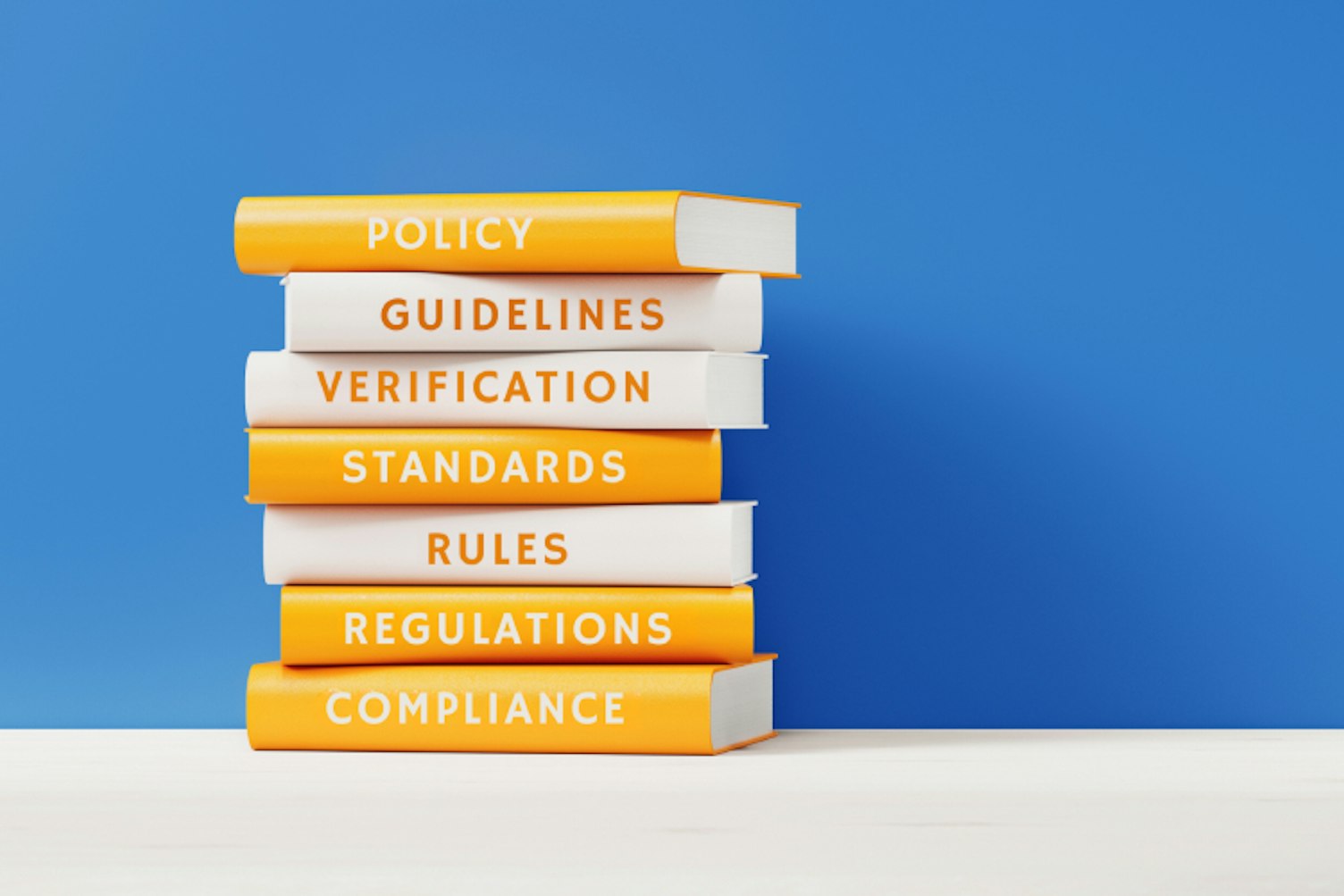
Regulatory consultancy
In line with increasing threats to the environment, new regulations for recycled materials are being implemented at a dizzying pace. These green regulations can be quite complex and differ from country to country. Nevertheless, it is essential to stay on top of them to ensure that your products comply with local market requirements.
SGS can help you ensure that your food contact materials comply with regulations for recycled plastic and paper materials in countries around the globe. We will advise you on how to comply with standards such as Regulation (EU) 2022/1616, US Federal Regulation 21 CFR 176.260 or India’s authorization mechanism for recycled plastics manufacturers.
Biodegradability and compostability
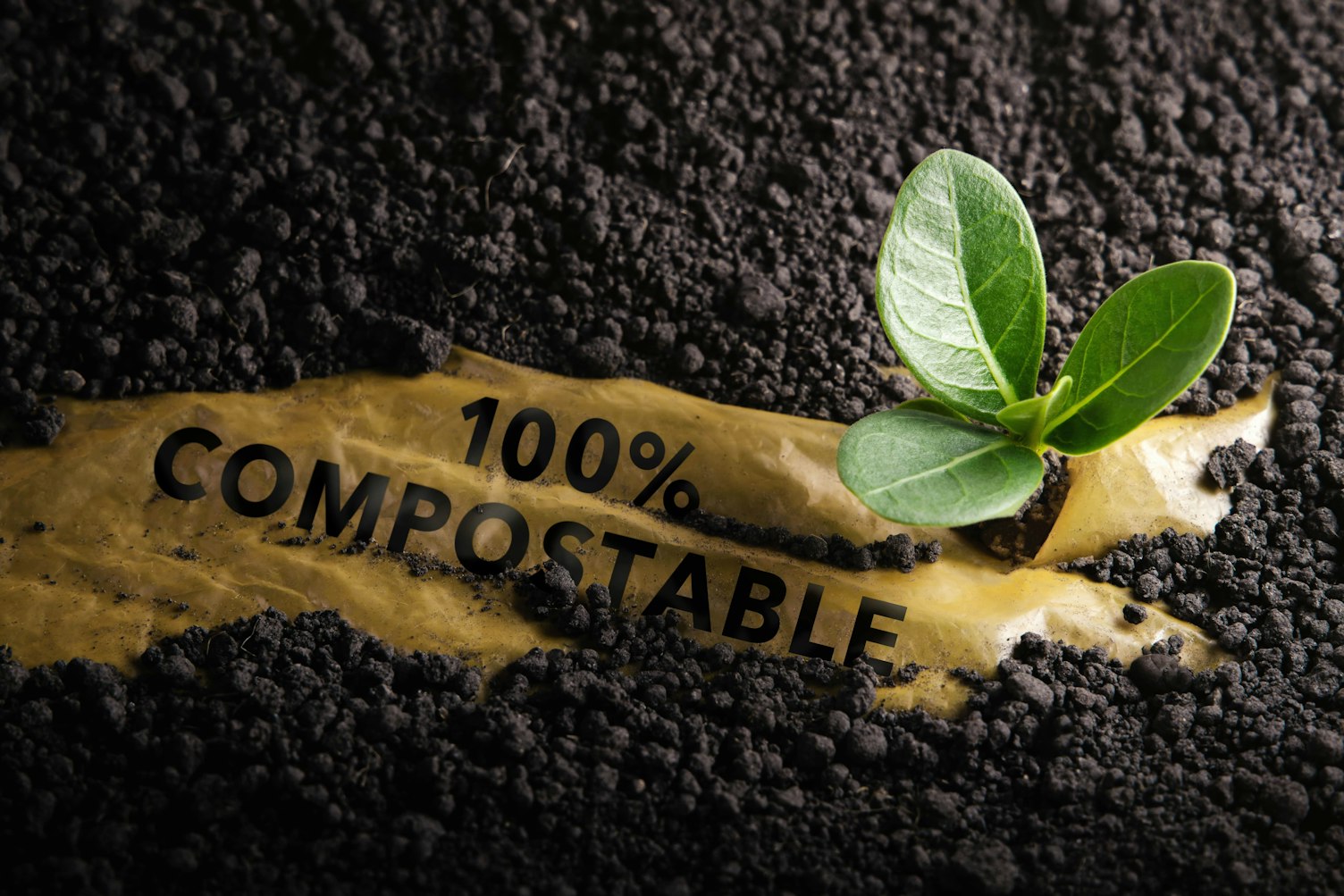
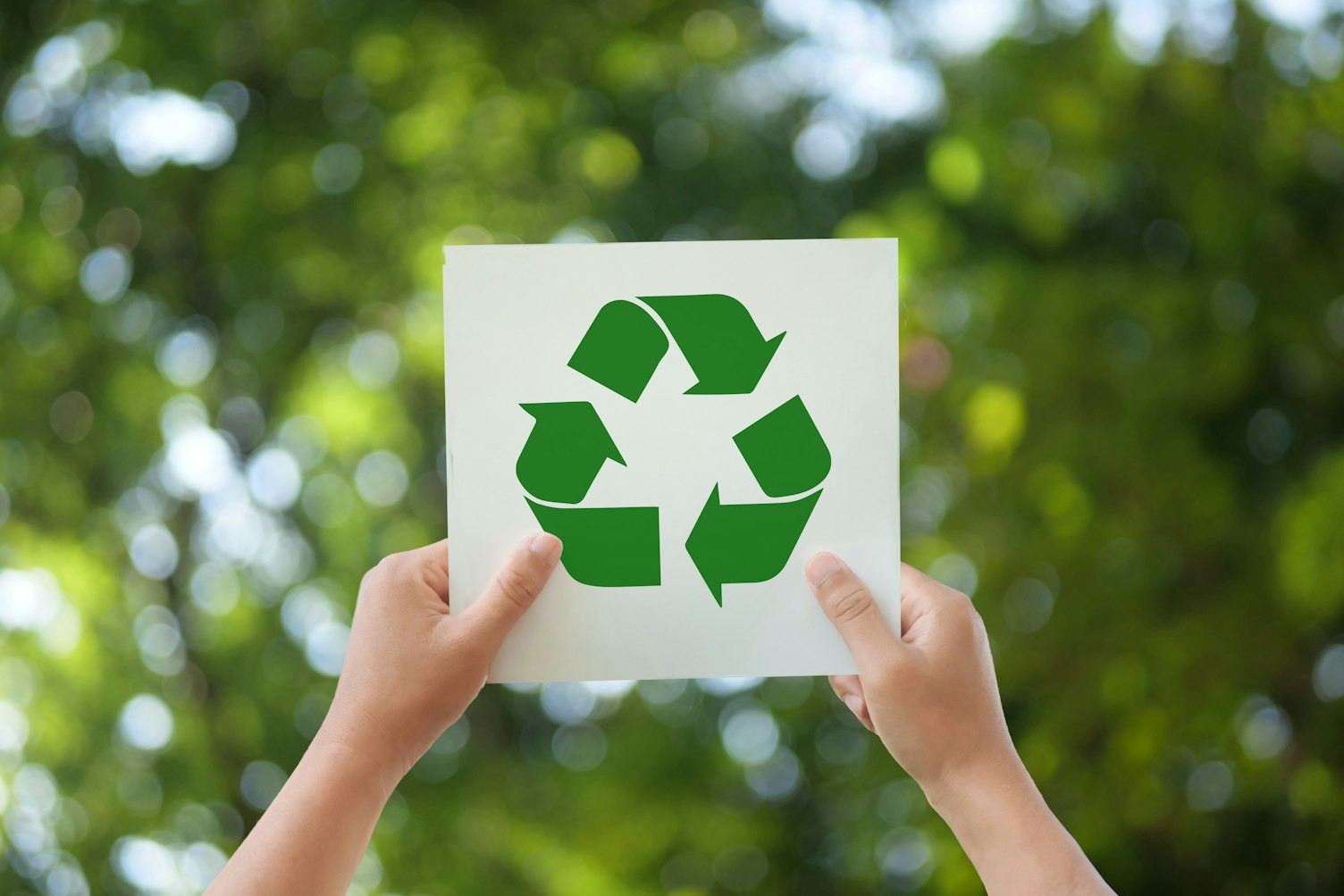
Recyclability
The growing focus on the need for a circular economy means that consumers are increasingly seeking products that are recyclable, leaving little or no waste after use. Ensuring that FCM can be recycled helps to reduce the burden on the environment and can enable you to comply with regulatory demands.
We offer evaluations of the recyclability of packaging in accordance with a variety of standards, including RecyClass, APR, EN 13430:2004, ISO 18604:2013, GB/T 167016.4-2018, the Korean standard for packaging recyclability and the Fiber Box Board Association standard for repulpability of paperboard and packaging materials.
Content of recycled materials
As consumers are becoming increasingly conscious of the environmental harm caused by paper and plastic packaging waste, regulatory frameworks are requiring that more packaging materials be made from recycled materials. For example, SUPD (EU) 2019/904 demands that beverage bottles contain at least 25% recycled materials.
With an eye on the growing green market, FCM manufacturers may claim that their products are made from recycled materials. However, regulatory bodies want these claims to be verified. Accurate verification can be achieved via audit/assessment or, where feasible, testing to determine the percent actually recycled.
We provide testing to determine a percent range of recycled content in food contact materials made from various plastics and paper/board. Our testing methods are based on TAPPI T 401, the Fiber Box Association Voluntary Standard, GB/T 39026 and our in-house method, established by SGS’s research and development team.
As an independent certification body, we offer Global Recycled Standard (GRS) and Recycled Claim Standard (RCS) certification for recycled materials and supply chains.
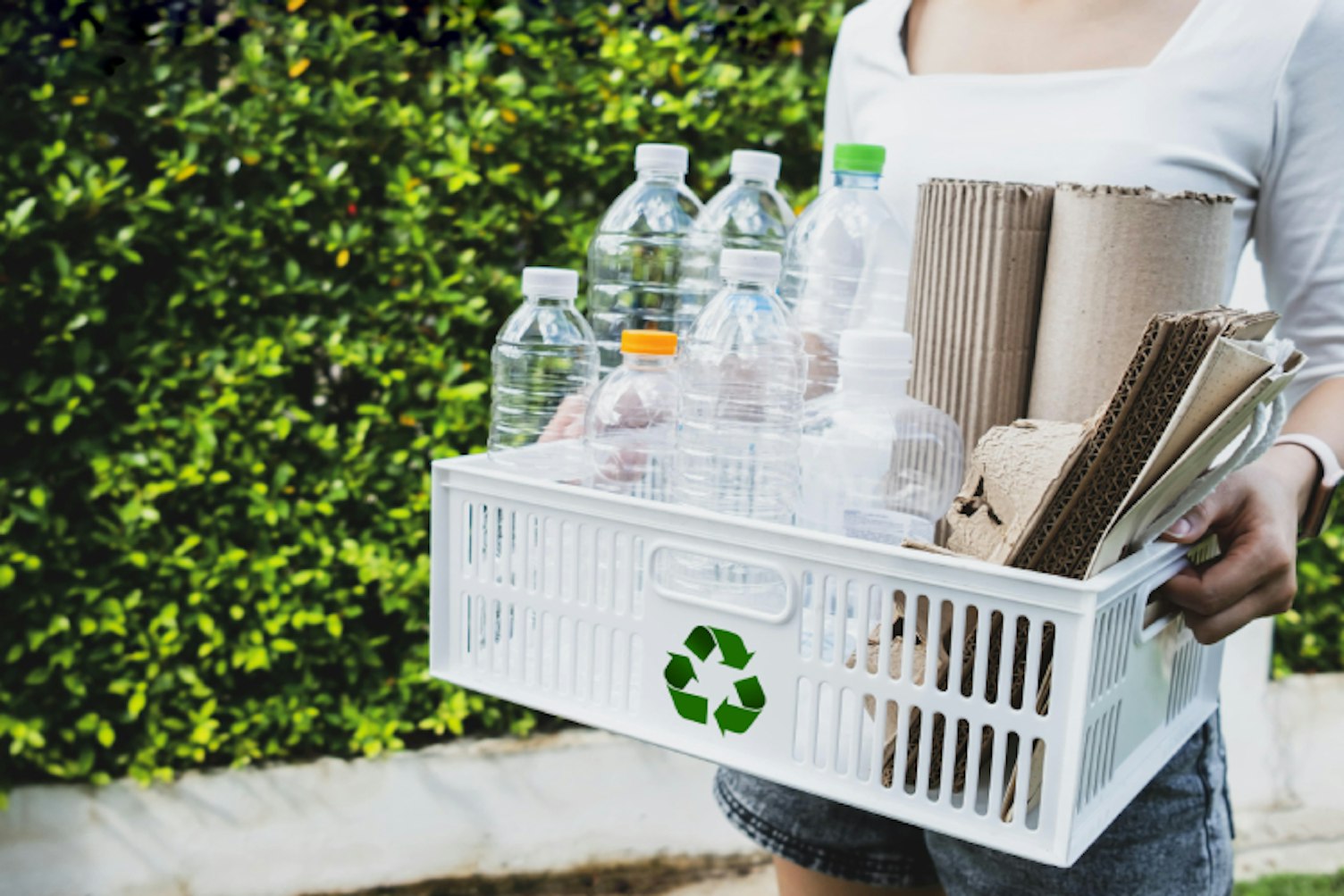
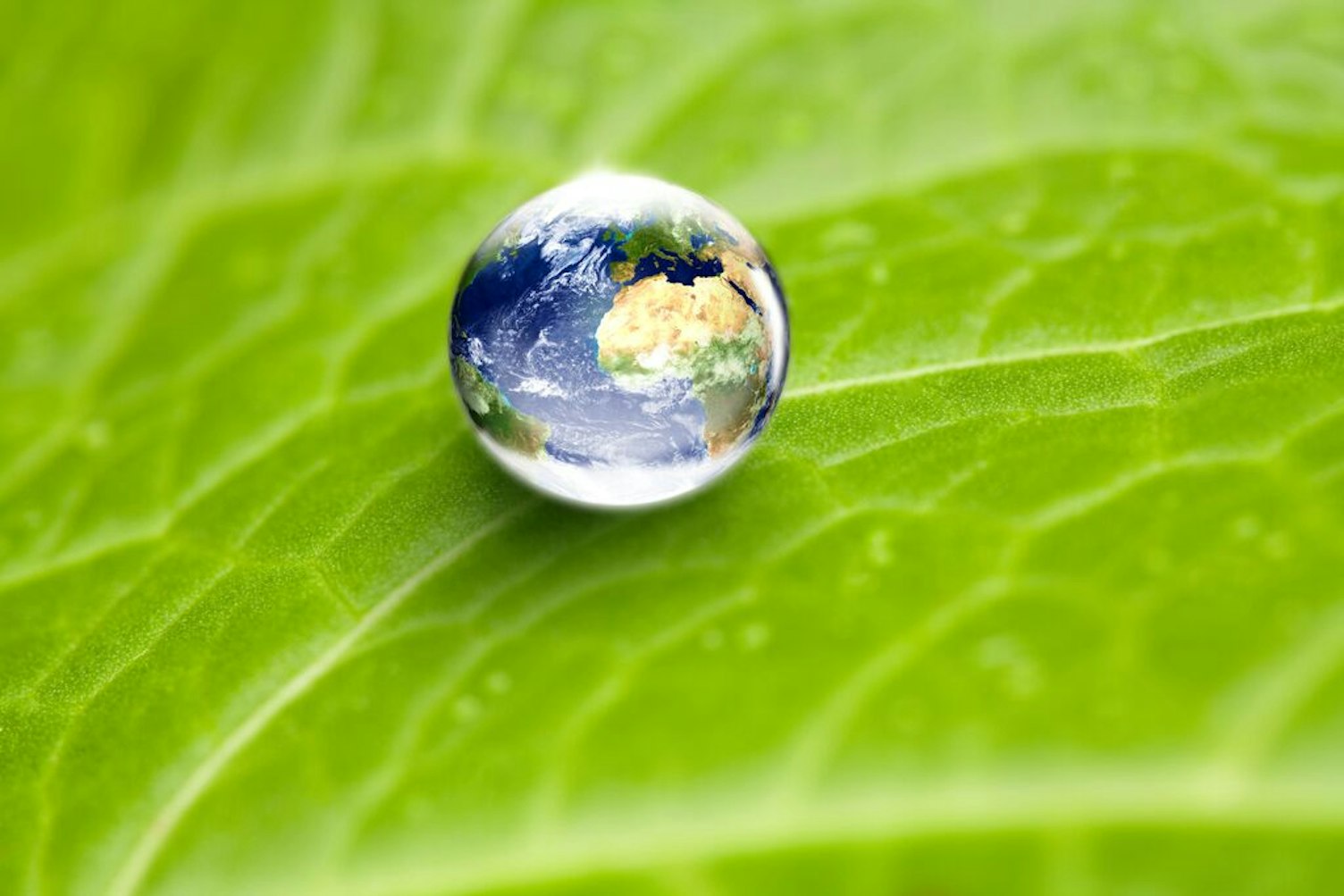
SGS Green Mark – environmental claim certification and verification scheme
The SGS Green Mark is an ecolabeling scheme, based primarily on recognized test standards focused on sustainable attributes. It allows you to demonstrate that your product has met all defined criteria for its sustainability claims. The Green Mark shows that you are committed to the environment and differentiates your brand in the market. To ensure greater transparency for the consumer, we offer the Green Mark, focusing on one attribute per mark:
- Hazardous substances assessed
- Recycled content
- PFAS-assessed
- Biobased
- PVC-free
- Industrial compostable
- Biodegradability
The certification protocol for each mark includes a clearly defined product scope and certification criteria. Each mark has a QR code that allows consumers to confirm the authenticity of the mark and provides a link to a summary of the specifics of the certification.
Non-intentionally added substances
Non-intentionally added substances (NIAS) in food contact materials can come from impurities, intermediates formed during a reaction and/or recycling process and legacy substances from the former use of a recycled product. NIAS can be hazardous substances, so it is important to identify them and ensure they are kept within safety limits, to avoid any risks to consumers.
The presence of NIAS in recycled materials can vary from batch to batch, so it is not always easy to predict where, and in what quantity, they will be found. SGS offers NIAS screening for plastic, paper and multilayer material FCM. This includes screening for potentially migratable substances, extractable substances and volatile organic compounds. Our methods are in compliance with DIN EN 15519 and DIN EN 645/647.
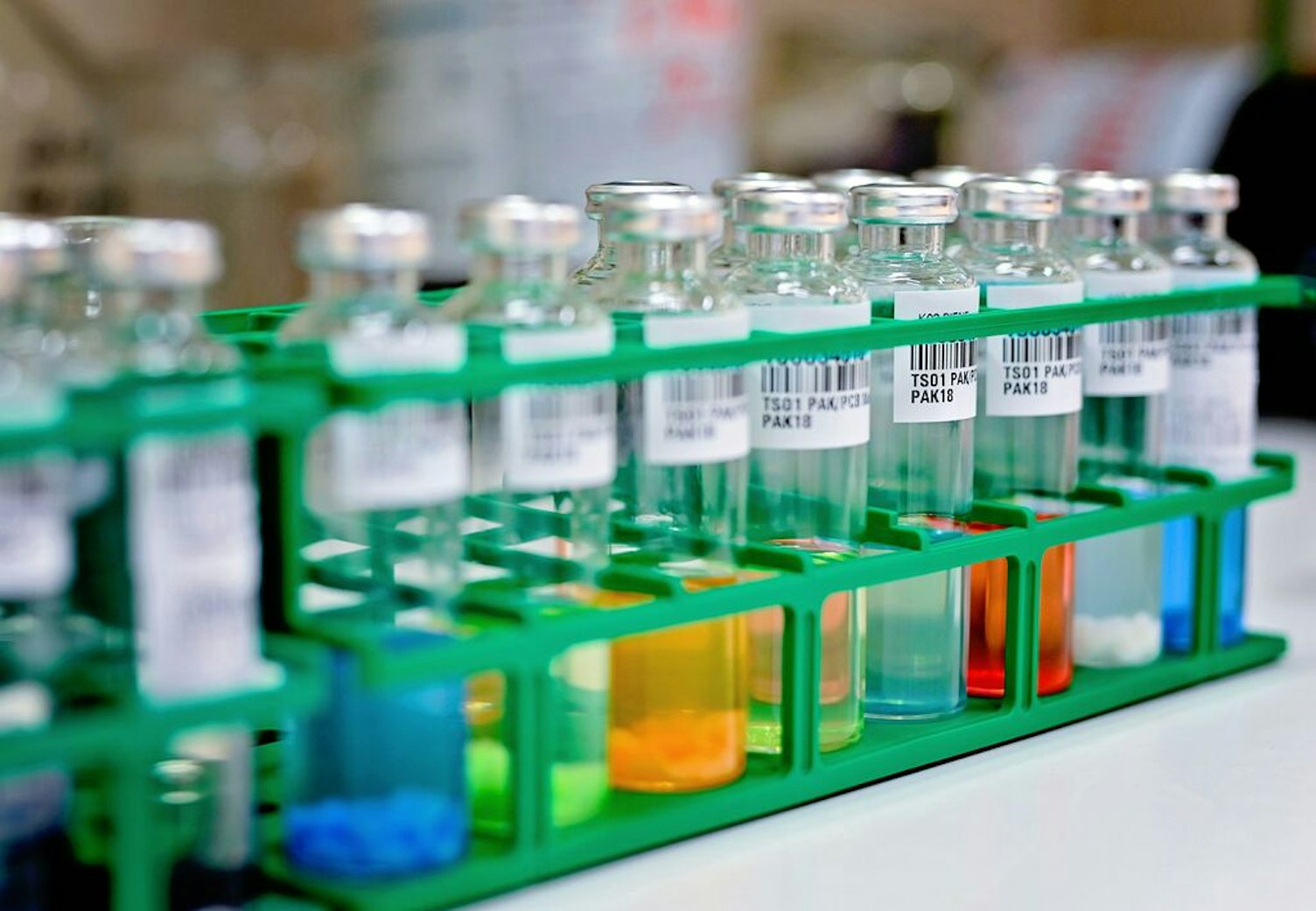
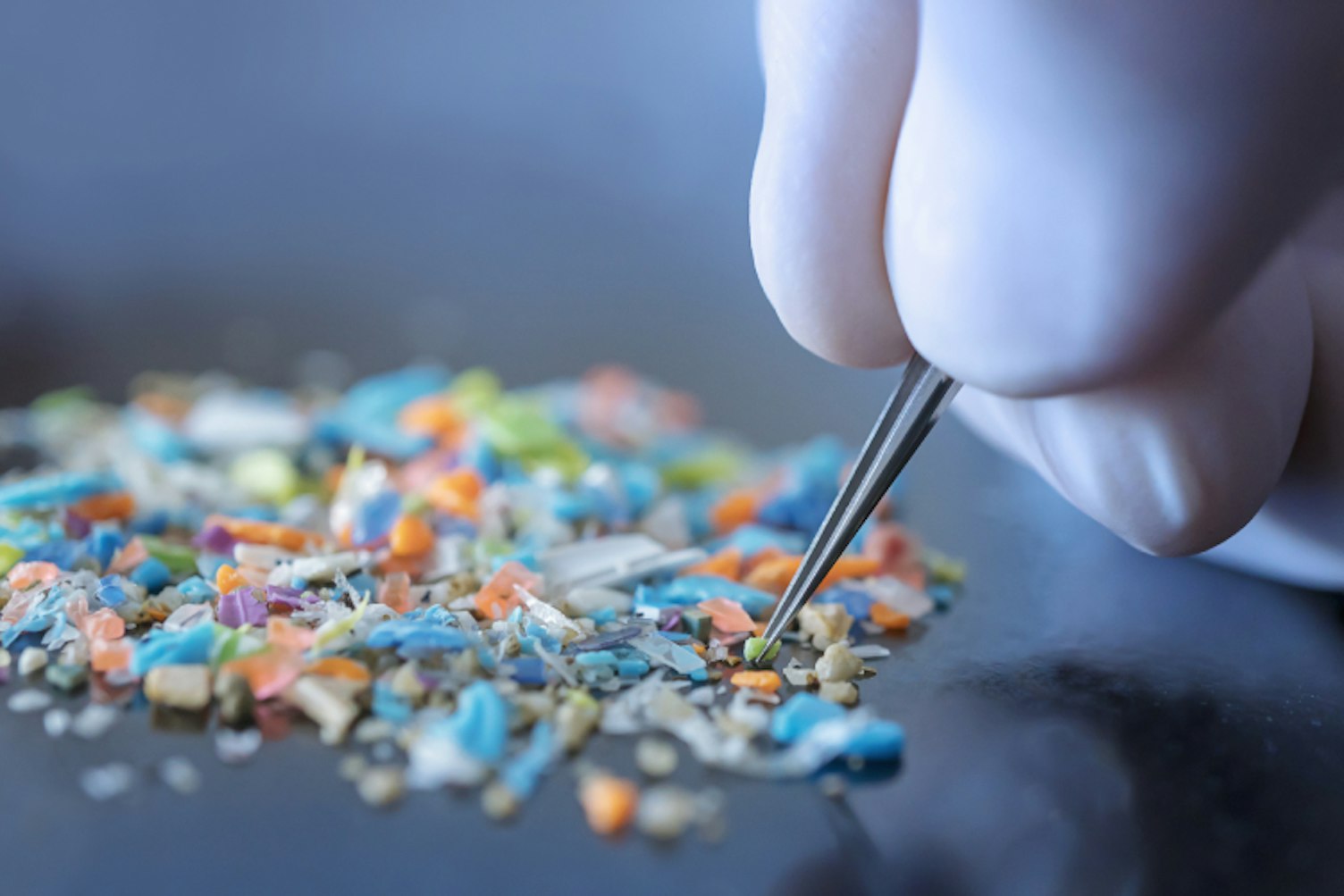
Characterization
When a material is recycled, its chemical and physical properties can change. It is important to know if the recycled material still meets the required specifications of the manufacturer and the consumer. If it does not, the manufacturer may need to change production processes to suit the changed properties.
Characterization is used to determine the properties of the recycled material. We provide physical characterization of food contact materials, under a wide variety of conditions, as well as testing for hazardous chemical substances to relevant ASTM, ISO, EN, NF and DIN standards.